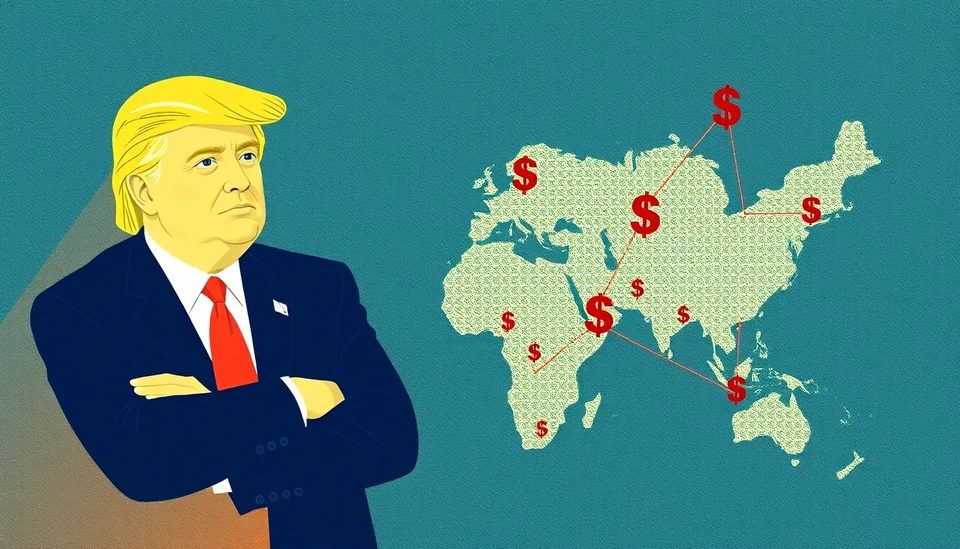
In a noteworthy event for global finance, China recently conducted a multi-billion-dollar bond sale that has attracted significant attention due to its implications for the enduring strength of the U.S. dollar. Despite ongoing tensions between the United States and China, this move by Beijing underscores the persistent appeal of dollar-denominated assets, even as the world's second-largest economy seeks to diversify its financial holdings.
The bond issuance, aimed at raising substantial capital for various infrastructure and development projects, highlights a critical juncture in China's financial strategy. As the country grapples with economic uncertainty, the decision to conduct this sale in U.S. dollars reflects a complex balancing act aimed at maximizing investor interest while navigating geopolitical challenges.
Industry analysts have pointed out that the choice of currency is telling. The dollar remains the world's premier reserve currency, favored for its stability and liquidity. Even in an era where China is actively promoting its own currency, the yuan, for international use, the dollar's status remains untouched. This latest bond sale indicates that investors still perceive the dollar as a reliable store of value amidst global volatility.
Furthermore, this move can also be seen as part of China's broader economic strategy. By tapping into the dollar market, China is not only enhancing its financial resources but also signaling to the international community that it continues to prioritize economic stability and robust investment opportunities, despite its internal challenges.
The global implications of this bond sale are manifold. For one, it underscores the duality of China's economic aspirations: to simultaneously ascend as a global financial powerhouse while remaining entrenched in a system dominated by the U.S. dollar. As the world continues to closely monitor these developments, it becomes increasingly evident that the battle for currency preeminence is far from over.
This bond issuance could very well shape investor sentiment moving forward. With a backdrop of fluctuating interest rates and inflationary pressures, the attractiveness of dollar-denominated debt may indeed draw attention away from other alternatives, including emerging markets and cryptocurrency investments.
As China embarks on this bond sale, the global financial landscape will be watching closely to assess the reactions from both domestic and international stakeholders. The interplay between the dollar's strength and China's economic maneuvers will undoubtedly play a pivotal role in shaping future investment trends and currency dynamics.
In conclusion, China’s recent dollar-denominated bond sale highlights not just its need for capital but also the ongoing prominence of the U.S. dollar in international finance. Investors remain keenly aware of the advantages offered by dollar-denominated assets, making it a compelling time to evaluate the future of currency markets in an increasingly multipolar world.
As we continue to follow these developments, it becomes clearer that the dollar's dominance remains robust, with China strategically navigating its path within this framework.
#DollarDominance #ChinaBondSale #GlobalFinance #CurrencyMarket #USDollar #InvestmentStrategy #Economics
Author: Rachel Greene
